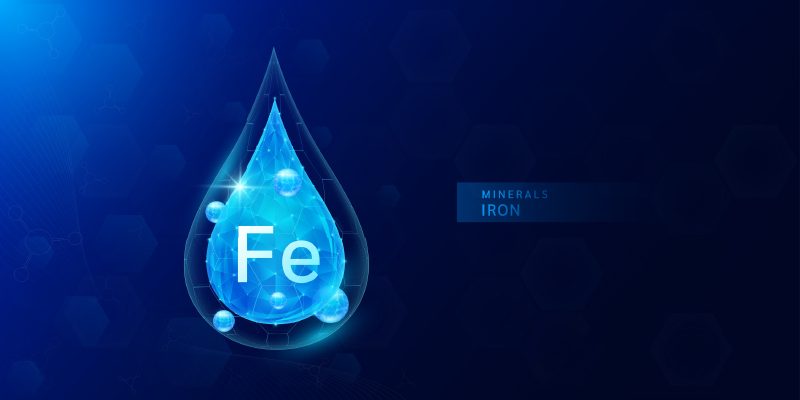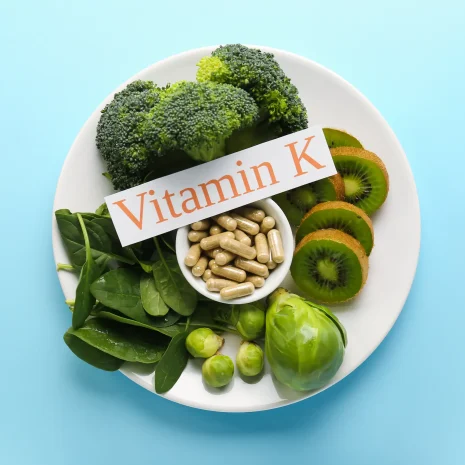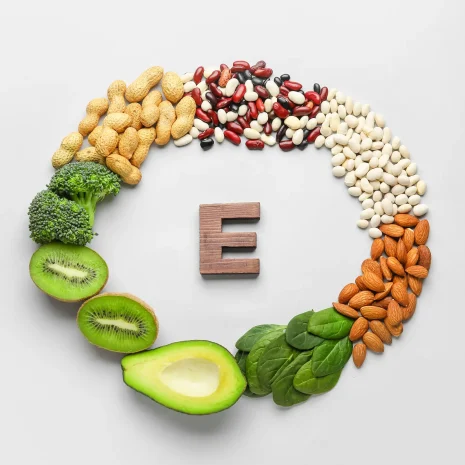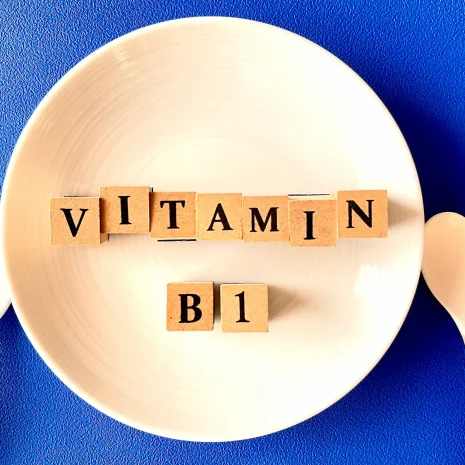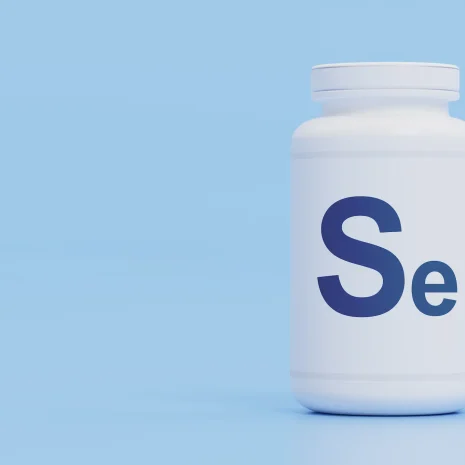What is an iron deficiency?: Causes, Symptoms, and Nutritional Solutions
Iron deficiency is a prevalent health concern that occurs when the body fails to obtain or utilise adequate amounts of iron. Recognised as a vital mineral, iron is essential for the transport of oxygen in red blood cells, significantly impacting overall health and vitality.
Often referred to as iron deficiency anaemia (IDA) when severe, this condition can lead to various health problems if left untreated. Understanding the causes, symptoms and solutions for iron deficiency is crucial for maintaining optimal health.
Recommended Daily Intake of Iron
Understanding how much iron you need is an essential step in preventing deficiency. The recommended daily intake of iron varies based on age, gender and specific life circumstances:
- Adult Women: Approximately 18 mg of iron per day, especially during reproductive years due to menstrual losses.
- Adult Men: Approximately 8 mg of iron per day.
- Pregnant Women: Increased requirements necessitate around 27 mg of iron per day to support foetal development.
Adjustments in dietary needs may also be necessary for children and adolescents, who have varying requirements based on growth stages.
What are the symptoms of iron deficiency?
Recognising the symptoms of iron deficiency is vital for early intervention. Common indicators include:
- Fatigue and Weakness: Insufficient oxygen delivery leads to chronic tiredness and low energy levels.
- Pale Skin: Lower haemoglobin levels can result in paler skin and a noticeable change in skin colour.
- Shortness of Breath: Feeling breathless during activities that would normally not cause difficulty.
- Headaches: Regular headaches and dizziness due to inadequate oxygen supply to the brain.
- Heart Palpitations: The heart may pump harder to compensate for low oxygen, resulting in irregular heartbeats.
A healthcare professional can accurately diagnose iron deficiency through blood tests that assess haemoglobin levels, haematocrit (red blood cell count) results and other relevant parameters.
What does iron deficiency calls? Health Risks Associated with Iron Deficiency
Iron deficiency can lead to several health complications, including:
- Depression: Chronic fatigue and low energy levels can increase the risk of mood disorders.
- Increased Infection Risk: A weakened immune system due to iron deficiency can leave the body more vulnerable to infections.
- Pregnancy Complications: Deficiency during pregnancy can lead to serious issues, including fatigue, dizziness and complications during childbirth.
- Heart Conditions: Long-term iron deficiency may negatively impact heart health, leading to irregular heartbeats and potentially severe conditions like heart failure.
- Growth Issues in Children: Insufficient iron intake during childhood can result in delayed physical and cognitive development.
How to treat iron deficiency
To effectively manage iron deficiency, consider these treatment approaches under the guidance of a healthcare professional:
- Iron Supplements: For individuals diagnosed with a deficiency, iron supplements may be necessary. It is crucial to follow a healthcare provider’s recommendations to avoid excessive iron intake, which can lead to gastrointestinal issues and other health problems.
- Dietary Changes: Incorporating iron-rich foods into your diet is essential. Foods that can significantly increase iron levels include:
- Red Meat: Beef and lamb are particularly high in iron.
- Poultry: Chicken and turkey also provide a healthy iron source.
- Fish: Oily fish like salmon and tuna are rich in iron and offer additional omega-3 benefits.
- Dried Fruits: Apricots, prunes and raisins are great snacks rich in iron.
- Leafy Green Vegetables: Spinach, Swiss chard and kale contain plant-based iron.
- Legumes: Lentils, chickpeas and beans are excellent sources of iron.
- Vitamin C Intake: Consuming vitamin C alongside iron-rich foods can enhance iron absorption. Pairing a meal with foods high in vitamin C—like oranges, strawberries or bell peppers—can significantly improve your body’s ability to absorb iron.
- Regular Medical Supervision: Keeping track of iron levels through regular check-ups can help monitor progress and adjust dietary or supplementary intake as needed.
Taking Control of Iron Deficiency
Iron deficiency is a serious condition with significant impacts on health and well-being. By understanding the causes, recognising the symptoms and taking proactive steps through dietary changes and potential supplementation, individuals can effectively manage and remedy iron deficiency.
Incorporating these foods into your diet can help maintain adequate iron levels and support overall health. Consulting with a nutritionist or healthcare provider can offer guidance on optimising your iron intake.
While multivitamins can offer valuable support for overall health, it is essential to recognize that a balanced diet should remain the cornerstone of nutritional well-being. Multivitamins are intended to be a complementary measure and should not be considered a substitute for a diverse and nutritious food intake.
Note: It is strongly advised that individuals consult a healthcare professional prior to initiating any supplement, particularly if they have existing health conditions, are taking prescribed medications, or are pregnant.
